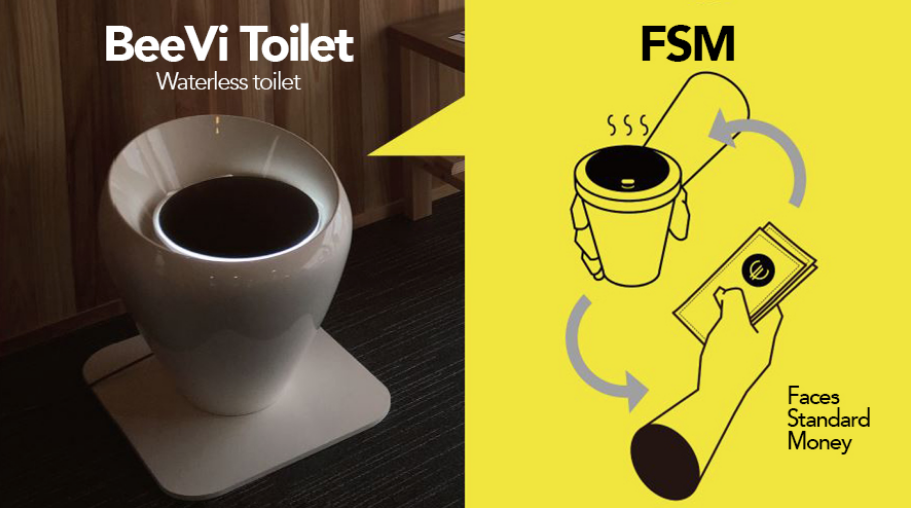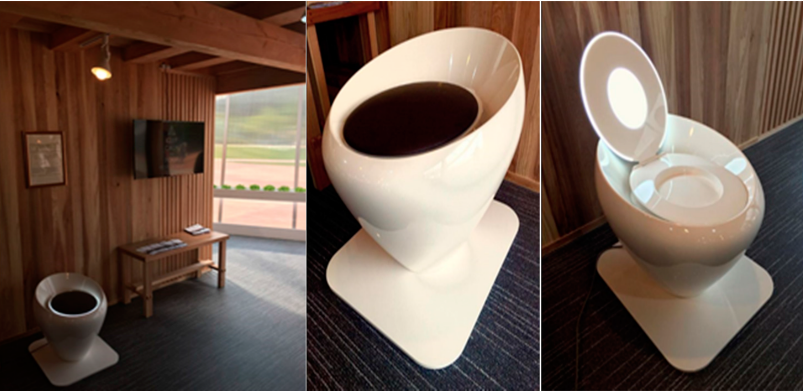Toilet in South Korea uses poop to power up a building and turn it into digital currency
Professors at Ulsan National Institute of Science and Technology in South Korea (UNIST) designed an eco-friendly toilet connected to a laboratory that uses feces to produce energy.
Students from the university who use the toilet can earn credits through the virtual currency called Ggool, which they can exchange for items within the campus like freshly brewed coffee, banana, cup noodles, and even books.
Each person who uses the toilet earns 10 units of Ggool a day, according to Reuters. Ggool means honey in Korean.

The waterless toilet named “BeeVi” (short for “Toilet, like Bee with a Vision") uses a vacuum pump and a small amount of water to send feces into an underground tank and anaerobic digestion bioreactor that produces biogas.
“Forgoing the use of flushing toilets means that, with the help of scientific developments, we can achieve something important that transcends what we can imagine,” said the 2016 study of the creators, who call BeeVi a “super water-saving vacuum toilet.”
Inside the bioreactor is where methane and carbon dioxide are separated. Methane then becomes the energy source for the building, and could also power a gas stove and a hot water boiler.

Speaking with Reuters, one of BeeVi creators Cho Jae-won, an urban and environmental engineering professor at UNIST, said that an average person releases about 500 grams of feces a day. This amount, Cho said, can be converted to 50 liters of methane gas that can generate 0.5kWh of electricity that is strong enough to power a car for about 1.2 kilometers.


